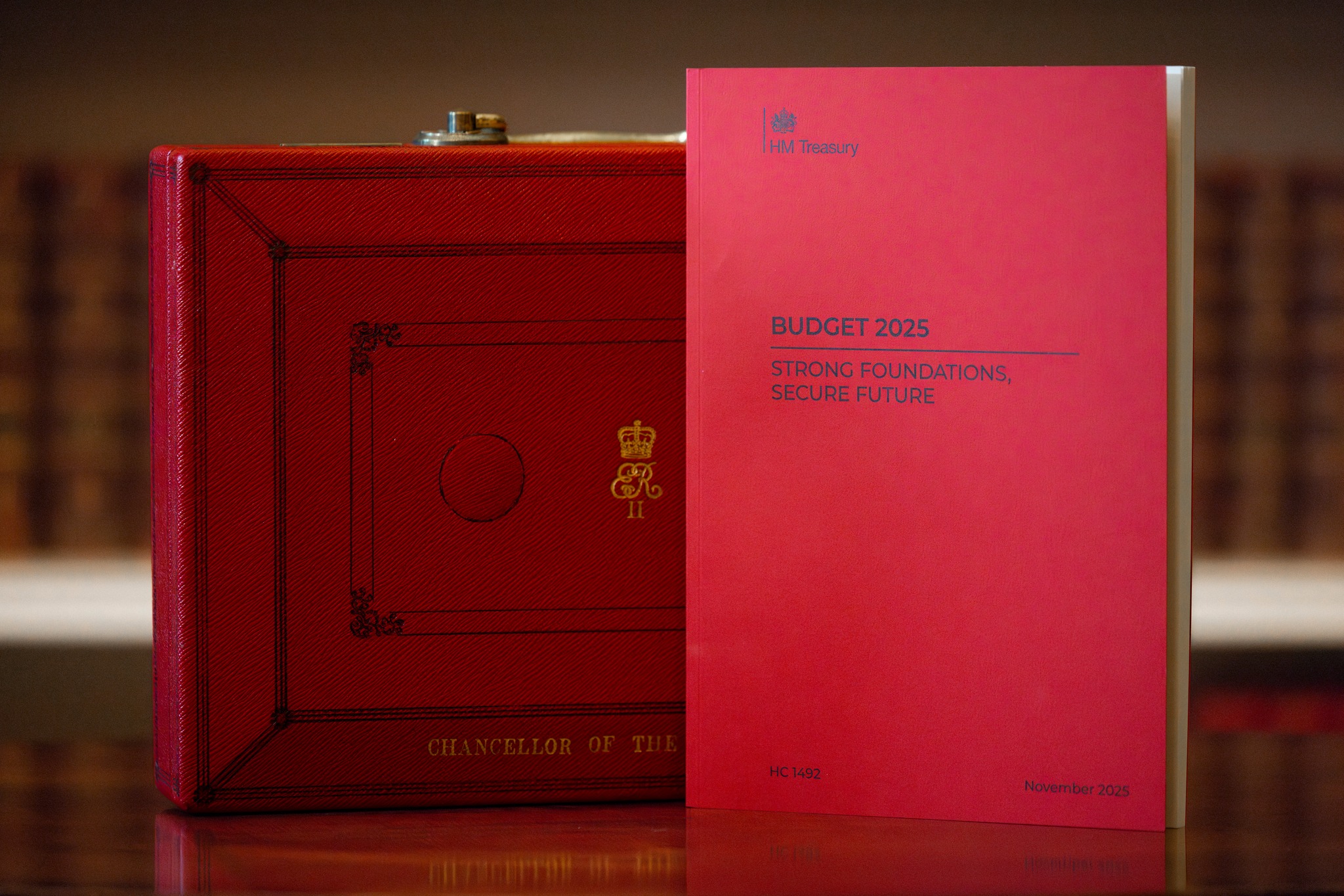How R&D tax credits make your business more attractive to investors

R&D tax credits won’t replace product-market fit, but they can make your investment case stronger when they’re claimed correctly and backed by evidence.
R&D tax credits won’t replace product-market fit, but they can make your investment case stronger when they’re claimed correctly and backed by evidence.
Why investors care about R&D tax credits
Investors don’t fund “nice narratives”. They fund cash runway, pace and risk reduction. A credible R&D tax credit position can support all three:
- Longer runway without extra dilution: if you can reliably access the credit, you may need to raise less (or later).
- More predictable burn: investors like forecastable cash flows, not surprises.
- Evidence of technical substance: a strong R&D narrative, tied to cost and documentation, can reinforce the story that you’re building something genuinely hard.
The key word is credible. Diligence teams are increasingly alert to weak claims, especially where R&D “sounds like BAU”.
The merged R&D tax relief scheme in plain English
Under the merged scheme, you calculate an expenditure credit as a percentage of qualifying R&D costs. The headline rate is 20%, and because the credit is taxable, the net benefit is lower and depends on your tax profile. A practical investor-friendly way to describe it is:
We claim a taxable R&D expenditure credit on qualifying R&D costs. It supports cash runway, and we keep the evidence pack ready for diligence and HMRC queries.
That’s the tone you want: confident and credible.
What makes an R&D claim “investor-grade”
Investors don’t just ask “Do you claim?” They ask “Will it stand up?” Here’s what builds confidence:
1) Clean eligibility logic
Your technical narrative should show:
- what the scientific/technological uncertainty was,
- what competent professionals tried,
- why it wasn’t readily deducible, and
- what you learned.
That’s what HMRC expects to see, too.
2) Costs that clearly map to the R&D work
Qualifying cost categories are defined, and you need a clear method for apportionment and inclusion. HMRC sets out the main categories and boundaries of qualifying expenditure.
3) Process compliance (non-negotiable)
Most companies must submit an Additional Information Form (AIF) before (or alongside) the claim in the Company Tax Return process. Missing it can invalidate the claim.
Some companies also need to notify HMRC in advance that they intend to claim (depending on their circumstances).
How to talk about R&D tax credits in your fundraising materials
Good example:
- “We treat R&D tax credits as a repeatable funding line, forecast conservatively, and have evidence ready for diligence.”
Bad example:
- “We’ll definitely get £X every year” (too absolute, invites scepticism)
Give a range and the assumptions
Your net benefit depends on factors like taxable profits/losses and how the credit is used/received. Keeping it as a prudent range is more believable.
Show governance
Add one slide or paragraph covering:
- who owns R&D governance (finance + technical lead),
- how you track projects and time/cost allocation,
- how you store supporting evidence.
It’s unglamorous. It’s also exactly what diligence teams love.
Common mistakes to avoid spooking investors
Treating “innovation” as the same thing as R&D
Investors know the difference. Be specific about uncertainty and experimentation to show how it falls under HMRC's definition of R&D for tax purposes.
Overclaiming subcontractor/third-party costs without clarity
These costs can be claimable, but the treatment depends on the facts and who’s doing what. If it’s messy, diligence gets messy.
Weak or retrospective evidence
“We can write it up later” is not a winning strategy.
Missing key admin steps
For example, the Additional Information Form (AIF) or claim notification. If the process isn’t followed, the number on your model is just a number.
Practical checklist for founders and FDs
If you want this to strengthen your investor story, make sure you can answer:
- What are the 2–3 projects that clearly qualify, and why?
- How do we apportion staff time to R&D?
- Which cost categories are included, and what’s excluded?
- Have we completed the AIF correctly (and kept the token/receipt)?
- Do we have an evidence pack ready for diligence?
FAQs
Does claiming R&D tax credits make us more attractive to investors?
It can if it’s credible, repeatable, and well-documented. Investors value runway and risk reduction, but they discount anything that looks uncertain or poorly evidenced.
Is the merged scheme available to companies of all sizes?
For accounting periods beginning on or after 1 April 2024, the merged scheme is the default route for most companies (this article focuses on that scheme).
Are R&D tax credits “free money”?
No. It’s a tax mechanism with eligibility rules and documentation expectations. The credit is taxable under the merged scheme.
What costs can we include?
HMRC sets out the qualifying cost categories and exclusions (including software/cloud/data in certain circumstances).
What’s the number one thing that causes issues?
Weak evidence and poor process discipline, especially around the Additional Information Form requirements.

Can we help your business?
Book a free consultation with our expert R&D funding advisors today. We specialise in helping innovative businesses like yours unlock millions in government funding, specifically allocated to fuel your innovation. Let us help your business access the support it deserves.









.svg)


